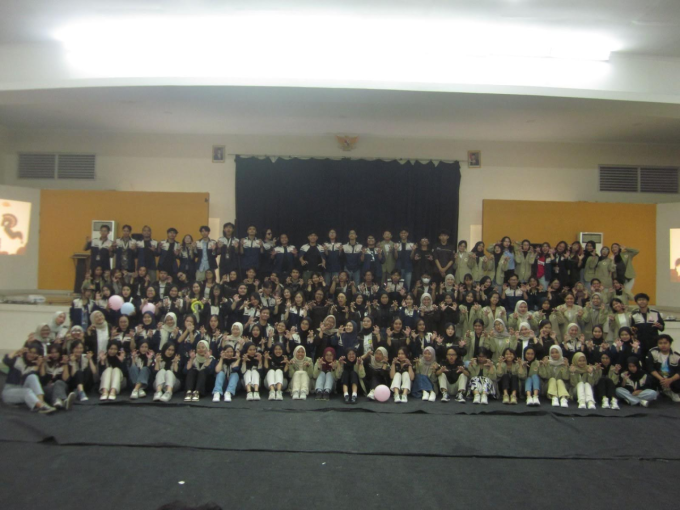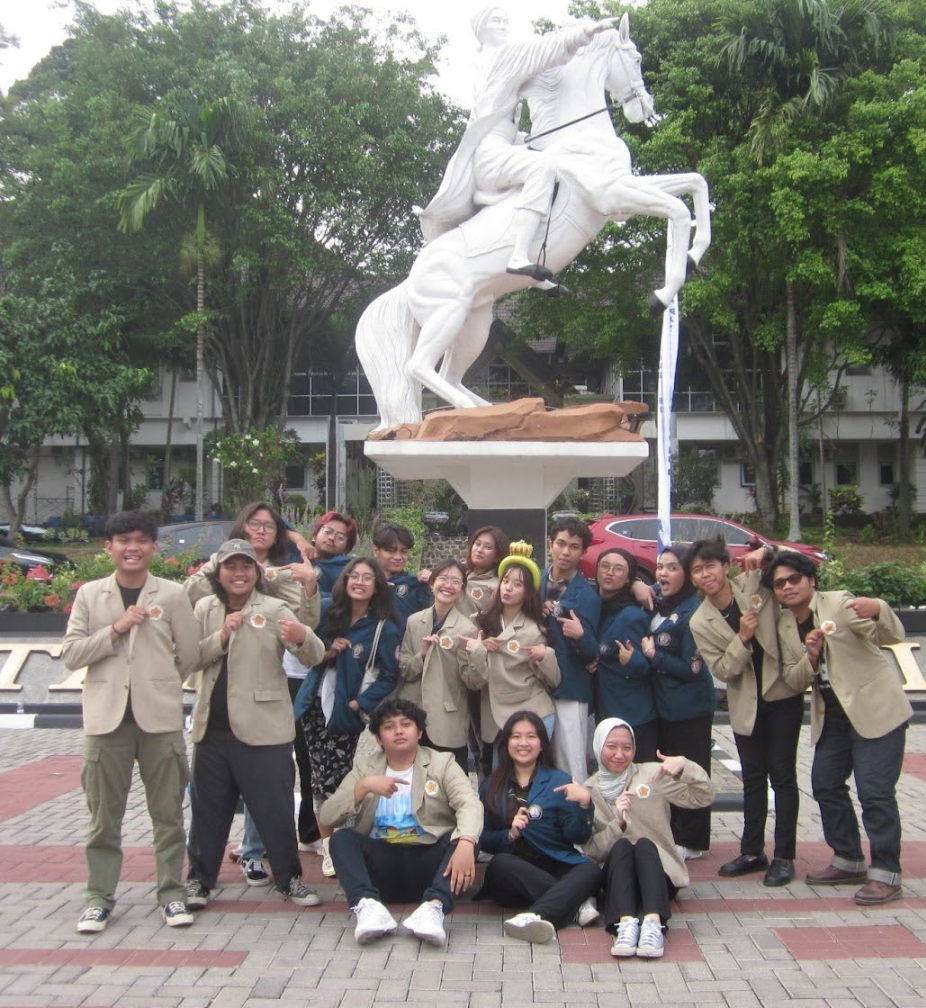
In order to strengthen collaboration and exchange experiences in managing student organization activities, the Cultural Anthropology Student Family of Gadjah Mada University (KEMANT UGM) conducted a comparative study to the Social Anthropology Student Family of Diponegoro University (KAWAN UNDIP), Semarang. This activity took place on October 14, 2024 and was attended by dozens of participants from KEMANT UGM.

This comparative study was not just for fun or sightseeing. However, the main purpose of this activity is to strengthen relations between student organizations from both universities, exchange information related to the superior work programs of each student association, exchange stories about practices in student organization management, especially in the scope of student empowerment and community service, and classroom learning curriculum.
The series of comparative study events began with a warm welcome from the host, namely the head of the UNDIP KAWAN student association, which was then followed by an introduction to the organizational structure and work programs of each division. After that, the speech was continued by the chairman of the KEMANT UGM student association who also introduced the organizational structure and work program of each division.
The activity continued with gathering per division and discussing. In this session, the same divisions in both associations were brought together to exchange information. In addition, introductions were also made more in-depth, such as telling stories related to hobbies, favorite foods, and exchanging contacts that are expected to continue communication in the future.
After the discussion session, the next agenda was lunch and continued with mini games guided by the KEMANT UGM PSDM division. All participants followed the games happily and full of laughter. Activities that can bond and increase intimacy between associations.

With the spirit of collaboration, the activity ended with a group photo in front of UNDIP’s iconic statue, the white horse statue.
[Public Relation Faculty of Cultural Science, Editor: Sandya Kirani]

